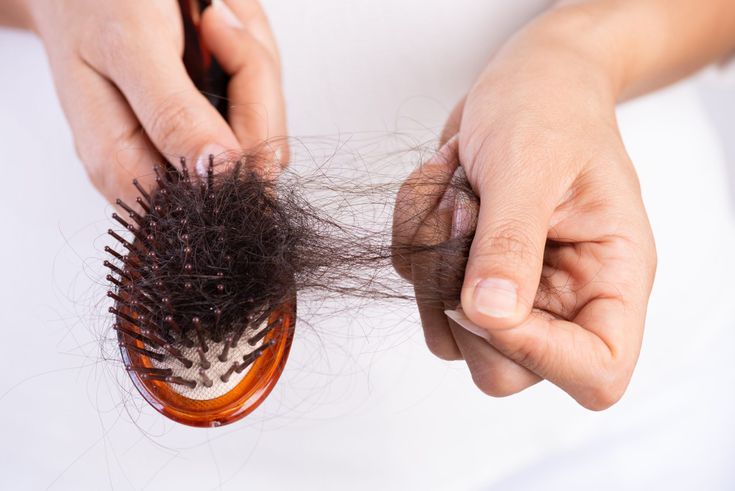When Should Hair Loss Be Taken Seriously?
The developing, resting, and transitioning phases of hair development can all be considered different stages. In normal conditions, 120 to 160 strands of hair can be lost per day. Itchy, flaky, red, and pus-filled bumps are all indications of abnormalities in the scalp, which may lead to significant hair loss. A visit to a hair loss clinic is highly suggested if you encounter any of these symptoms.
There are a variety of factors that can contribute to hair thinning or hair loss, which are as follows:
Aspects of the Physical World
Thyroid issues, notably overactive or redundant thyroid activity, may result in hair loss. As well as allergic responses, underlying skin conditions, and scalp infections that can be bacterial and viral, it may also cause hair loss. Hair follicles might be stunted, and hair loss can occur as a result. Hair growth may gradually return to normal when the underlying problems have been recognized and remedied.
Some Medications and Supplements
Acne medications, cholesterol medications including artificial vitamins, immunotherapy medications, cancer medications, stress medications, arthritis medications, and some kinds of hypertension medications can be included in this category. Overconsumption of vitamins that your body doesn’t need might also lead to hair loss. Once these medications or supplements have been stopped, normal hair growth (and loss) can typically be restored.
Stress & Anxiety
The condition of our hair is a good indicator of our emotional well-being. Injuries, trauma, the use of certain hair products, dyeing hair color with chemicals, and perming or straightening the hair may all cause stress on the hair. Additionally, excessive activity and long-distance travel might lead to hair loss.
One of the most common causes of long-term hair loss is anxiety, which may be difficult to treat. Many people may also be contributing directly to their hair, but aren’t aware of it. Permanent damage to the scalp might result from this “pulling.” A hair loss expert and a psychologist can be needed to assist the affected person in establishing better ways of coping with stress.
Diet
Hair loss and stress from losing a lot of weight are also common side effects of drastic weight reduction. Hair strands might become weaker due to malnutrition. Fertilizers like iron, which can be found in animal products like meat, eggs, and dairy products like milk, have been demonstrated to speed up the development of hair. An iron shortage may cause hair loss and other symptoms like brittle nails and exhaustion.
Genetics
A person’s genetic predisposition to thinning hair and hair loss will begin to take impact at a specific point in time. The majority of men (50%) and women (70%) have this gene after reaching a certain age, making it a genetic condition. DHT (dihydrotestosterone), a hormone that causes hair follicles to shrink and finally stop generating hair, is responsible for this hereditary propensity. There are a variety of options for treating hair loss caused by a person’s genetics. A specialist’s advice and long-term treatment strategy may help you in a long way.
The Bottom Line
Hair loss can be caused by a variety of health issues, dietary patterns, and many other reasons. As a result, it’s always a good idea to have a checkup every few months.



